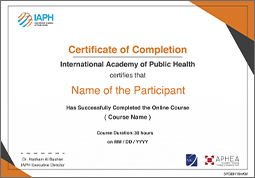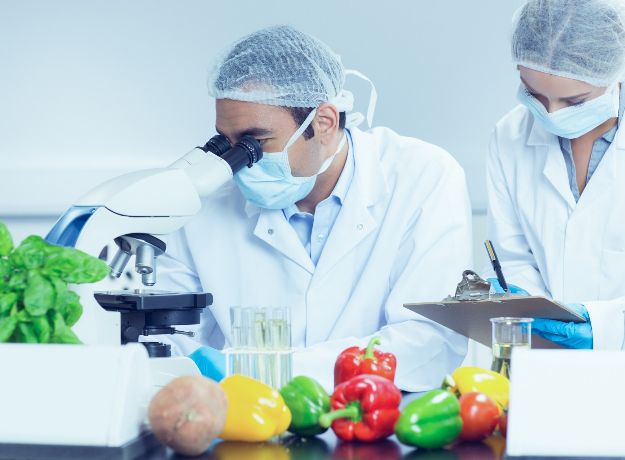Food Safety and Public Health
Description
This course will explore major food contaminants and their public health significance. Participants will explore the role of the food environment in the transmission of infectious diseases, the specific microbes that cause environmentally transmitted diseases, their prevention and control by technological and other measures and how the health risks are assessed. Participants will assess different food contaminants with their associated diseases, how these agents enter, survive and spread through the environment to result in human exposures, how their risks are assessed and measured and how these risks are prevented, controlled and managed through engineered/technical, policy and regulatory approaches.
Learning Outcomes
- Identify major microbes and infectious diseases of health concern and the environmental routes of their transmission
- Explain the biology and ecology the microbes spread by human and animal waste, water, air, food, fomites and vectors
- Develop basic skills for working with and analyzing for microbes and how to detect them in environmental media
- Estimate and characterize human disease risk from environmental exposures
- Explain the methods used to remove or destroy microbes in environmental media to prevent human exposure via wastes, water, food, fomites, air and vectors
- Burden of Foodborne Diseases
- Foodborne Diseases and Hazards
- Microbial Causes of Foodborne Diseases
- Chemical Causes of Foodborne Diseases
- Physical and Mechanical Causes of Foodborne Diseases
- Control Measures and Contaminant Monitoring for Food Safety
- Surveillance Reporting and Prevention of Foodborne illnesses
Course Features
Note: The course completion period is 6 months from the date of purchase. Enjoy learning!
Certificate

The participant will be awarded a certificate of successful completion upon completing the course.


